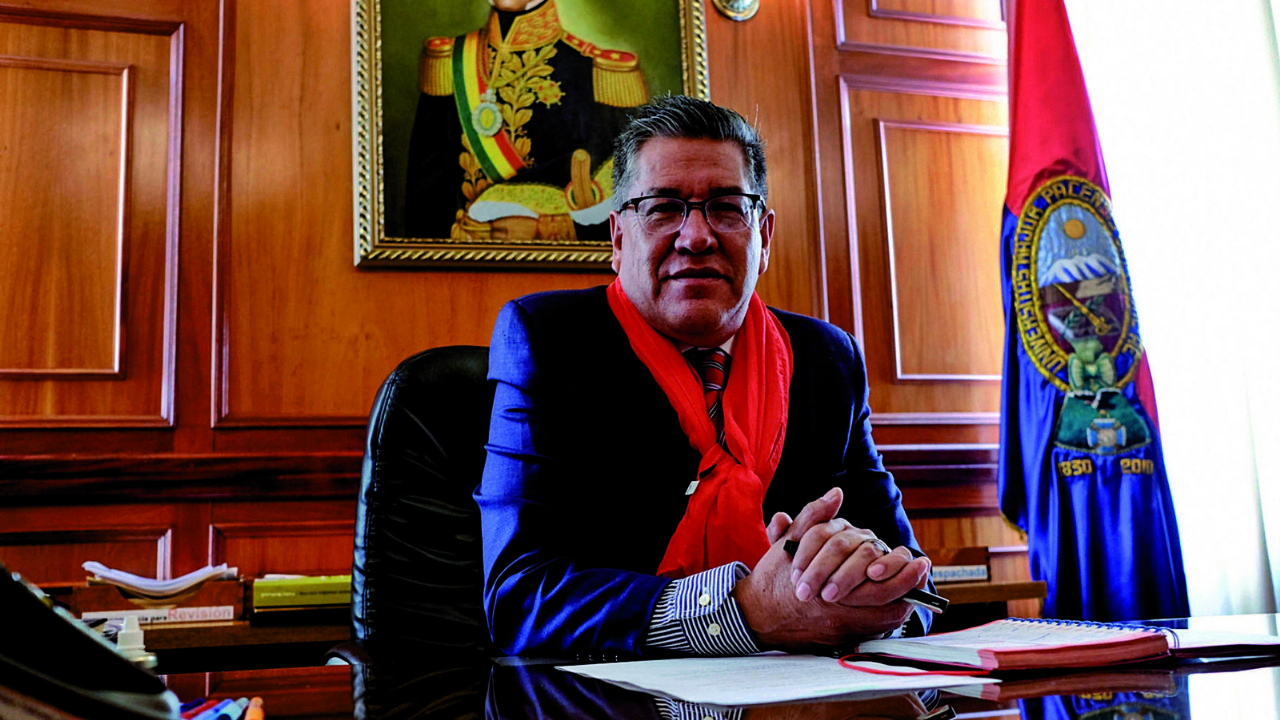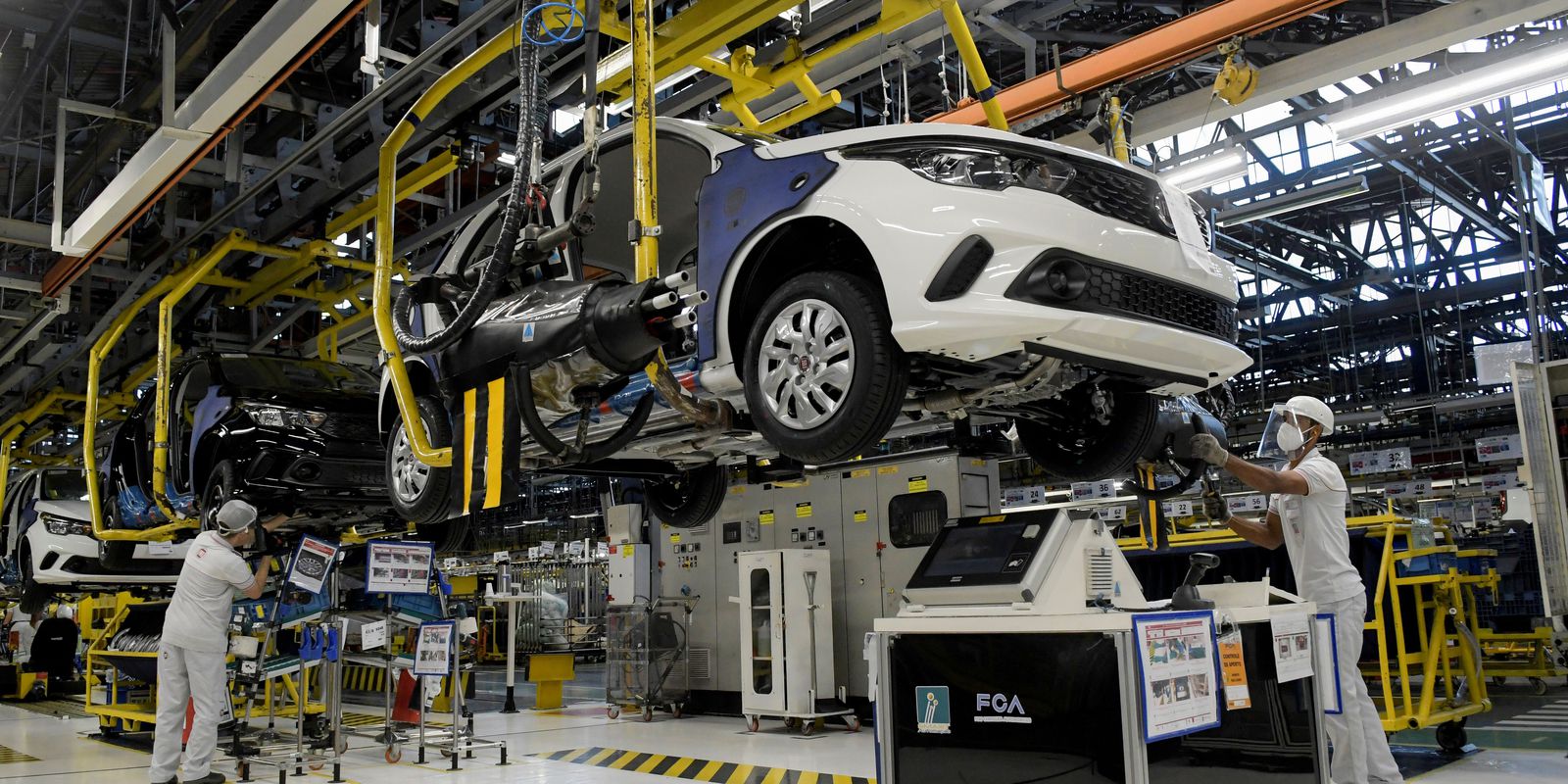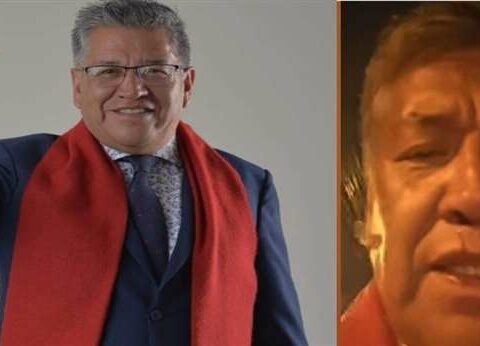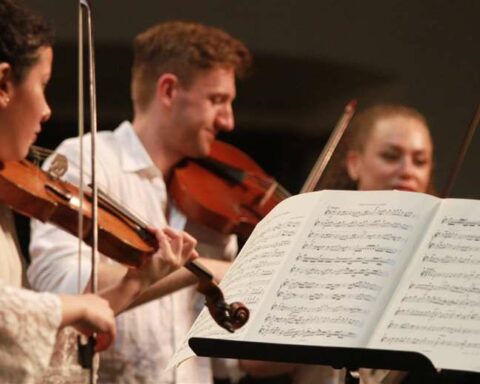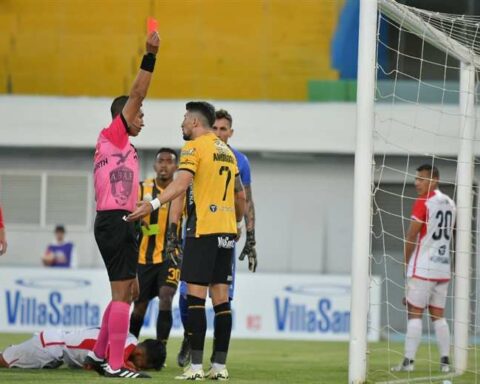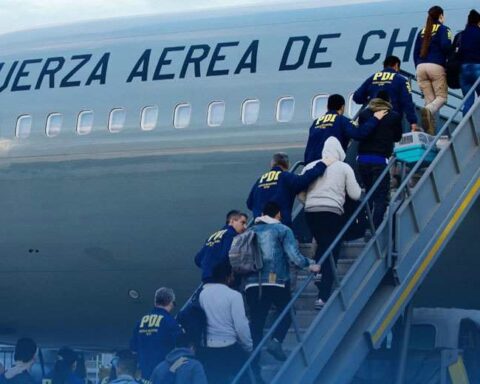Erick Ortega / La Paz
On his desk he has a Bible, the Political Constitution of the State and three leadership books. From the wall, the painting of Marshal Andrés de Santa Cruz observes the campus of the rector of the Universidad Mayor de San Andrés (UMSA), Óscar Heredia. He has been in office for a year, he arrived at this position on April 23, 2021. He evaluates the role of the university in the pandemic, the return to classes and the need for the university to update itself.
UMSA played an important role in vaccination.
We carried out a pilot vaccination test. It had to be the ideal model to be able to expand throughout Bolivia. A few days after I took office, I met in a public act with the president of the country and the Ministry of Education at the Faculty of Medicine. We opened a vaccination point in Medicine, where we provided human talent in health, IT, education and psychology. We opened vaccination points and society became aware of the strict control, compliance with biosafety, and the care we provided with quality and warmth.
Not only did people come from the cities of La Paz and El Alto, they also came from Viacha and other departments. We vaccinated a quarter of a million people. The university makes a decision between reactive and proactive immediately. We ask the faculties, the careers, to make regulations that are appropriate to their own characteristics, because each faculty has its own characteristics. There are some with greater face-to-face demand and others with less face-to-face load because they are theoretical.
We also had immediate training in computer applications. I understand that the virus is here to stay and so is virtuality; but virtuality not as an end, but as an important means of the teaching-learning process.
I understood from the beginning that we should tend to return to face-to-face classes, logically within the framework of caring for life and health.
We have already decided in February that this first semester we must have a more proactive look. For example, in the health area there cannot be a doctor without presence.
Since when should you go back to face-to-face classes?
Personally, I would like there to be face-to-face classes as soon as possible. It is my opinion, based on common sense. Sports activities, cultural activities, social activities, family activities are face-to-face and I wonder why not education?
One of the problems in the university is the updating of the study plans…
I believe that we must adapt and we agree that the curriculum must be adapted to our reality, but we cannot generalize. There are 54 careers that possibly some are appropriate to our reality. In my opinion there should be a change (of study plans) every five years to adapt to the moment we live in, to globalization, to the new Political Constitution of the State, to the new reality of this country.
The Faculty of Social Sciences, for example, hasn’t had a dean for how long? Five years. We have to institutionalize the university or else people who are interims have to understand that being interims does not mean doing nothing. So you have to push. We promoted the second congress that should give a new model, but the curricular designs should be changed every five years.
Personally, I would like there to be face-to-face classes as soon as possible. It is my opinion based on common sense
Oscar Heredia

